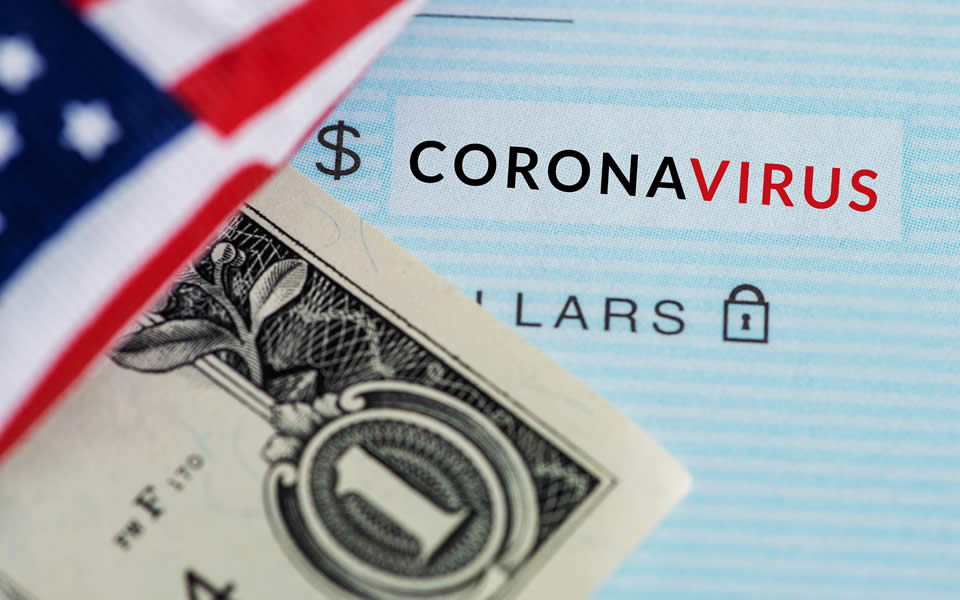Normally, under the provisions of the Internal Revenue Code, no carrybacks of NOLs are permitted. But, under the provisions of The Coronavirus Aid, Relief, and Economic Security Act (the “CARES Act”), federal net operating losses (NOLs) arising in 2018, 2019, and 2020 were permitted to be carried back to the five previous tax years. New York State decoupled from the NOL provisions of the CARES Act and instead required that, for purposes of the state, NOLs be computed as if the CARES Act did not exist. As a result, under New York law, a taxpayer’s NOL deduction was limited to the lesser of:
- The taxpayer’s federal NOL deduction computed using the rules in place without regard to the changes made by the CARES Act, or
- The taxpayer’s federal taxable income (without the NOL deduction) using the rules in place without regard to the changes made by the CARES Act.
The NOL provisions of the CARES Act do not apply at the state or Federal level for years beginning on or after January 1, 2022. Now that New York’s treatment of NOLs has recoupled with the federal provisions, a potential taxpayer problem becomes evident. A taxpayer that took advantage of the federal carryback provisions of the CARES Act may be “trapped” considering New York’s limitations on the amount of a taxpayer’s NOL eligible for deduction (the lesser of the federal NOL deduction or federal taxable income). In this situation, the NOLs that were carried back were fully used for federal purposes, but those NOLS were not permitted to be carried back in a similar fashion since New York did not follow the provisions of the CARES Act. Accordingly, the NOLs still exist for state purposes but not for federal purposes. Given New York’s limitations on NOLs that tie into the federal numbers, a not-so-tender trap arises.
As of the current date, New York has not issued any guidance with respect to this issue. Given the potential extent of the problem, perhaps it is time for the Department of Taxation and Finance to step up to the plate and deliver clarity.
© Copyright CBIZ, Inc. All rights reserved. Use of the material contained herein without the express written consent of the firms is prohibited by law. This publication is distributed with the understanding that CBIZ is not rendering legal, accounting or other professional advice. The reader is advised to contact a tax professional prior to taking any action based upon this information. CBIZ assumes no liability whatsoever in connection with the use of this information and assumes no obligation to inform the reader of any changes in tax laws or other factors that could affect the information contained herein. Material contained in this publication is informational and promotional in nature and not intended to be specific financial, tax or consulting advice. Readers are advised to seek professional consultation regarding circumstances affecting their organization.
“CBIZ” is the brand name under which CBIZ CPAs P.C. and CBIZ, Inc. and its subsidiaries, including CBIZ Advisors, LLC, provide professional services. CBIZ CPAs P.C. and CBIZ, Inc. (and its subsidiaries) practice as an alternative practice structure in accordance with the AICPA Code of Professional Conduct and applicable law, regulations, and professional standards. CBIZ CPAs P.C. is a licensed independent CPA firm that provides attest services to its clients. CBIZ, Inc. and its subsidiary entities provide tax, advisory, and consulting services to their clients. CBIZ, Inc. and its subsidiary entities are not licensed CPA firms and, therefore, cannot provide attest services.















